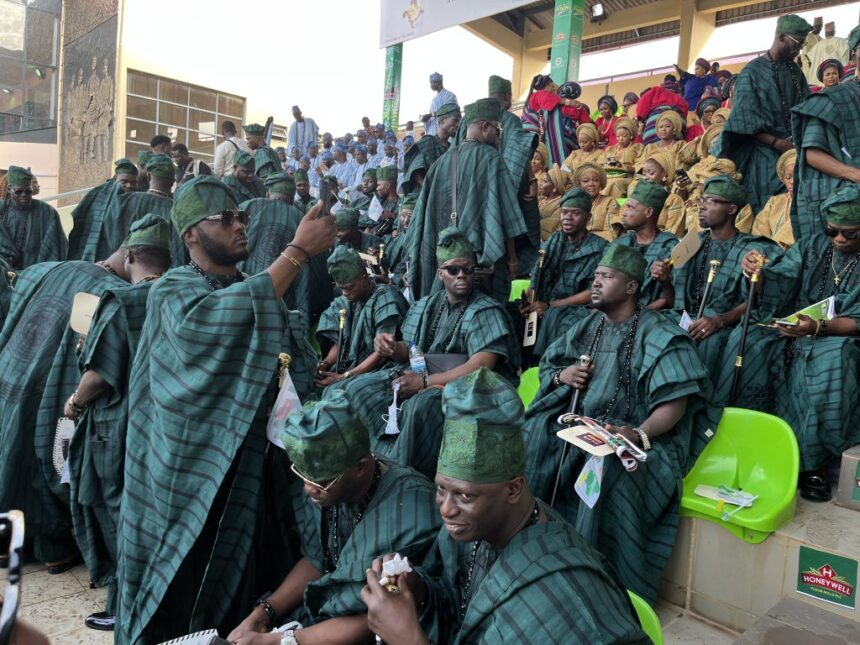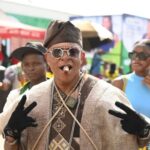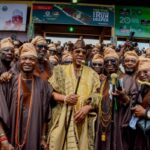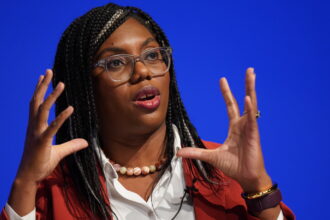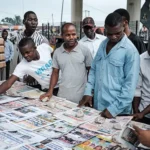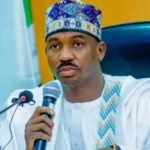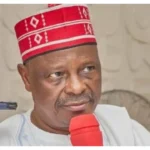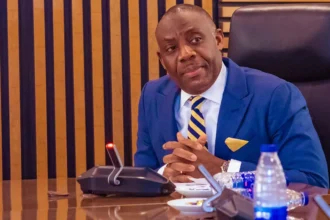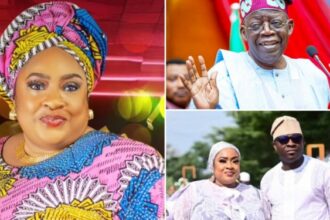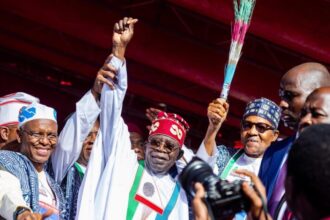Every year, the town of Ijebu Ode in Ogun State bursts into life with a vibrant display of colour, culture, music, and tradition as it hosts the Ojude Oba Festival — a century-old celebration that brings together the Ijebu people and visitors from far and wide.
Here are some things to note about the annual Ojude Oba Festival.
Ojude Oba Honours the King
The name Ojude Oba translates as “The King’s Forecourt.” This grand festival is a tribute to the Awujale of Ijebuland, the paramount ruler of Ijebu Ode. It draws age-grade groups (regberegbe), dignitaries, performers, and townspeople to the king’s palace to express loyalty, reverence, and unity.

Held on the Third Day After Eid al-Kabir
Tied to the Islamic calendar, Ojude Oba takes place annually on the third day after Eid al-Adha (Ileya), one of Islam’s most significant celebrations. In 2025, the tradition continues, pending the official sighting of the moon.
A Festival with Centuries of Legacy
With a history spanning over 100 years, one origin story credits Balogun Kuku, a prosperous Muslim convert, who first led his family to honour the king after Eid prayers. Another attributes the beginning to Imam Tunwatoba and his companions, who thanked Oba Fidipote for fostering religious freedom.
It Attracts a Global Audience
Though rooted in local tradition, Ojude Oba has evolved into an international celebration. Each year, nearly a million people—including members of the Nigerian diaspora—attend. Visitors arrive from across Nigeria’s six geopolitical zones and far-flung countries, turning the event into a global showcase of Yoruba culture.
Cultural Age Groups Steal the Spotlight
Central to the festival are the regberegbe—age-grade groups renowned for their flamboyant fashion, dancing, and choreographed parades. Their displays are not only visually captivating but also a declaration of loyalty to the king. A friendly rivalry among the groups adds excitement and anticipation.

Fashion in Full Force
Ojude Oba has become a prestigious platform for traditional fashion. Each group unveils new and often custom-designed outfits made months ahead. Rich, handwoven fabrics such as sanyan, indigo-dyed cotton, and bold earth tones dominate the scene. Elegance and identity go hand in hand.
A Symbol of Religious Harmony
Though born of Muslim tradition, the festival embodies religious inclusivity. Christians, traditionalists, and international guests join in the festivities. At its core, Ojude Oba promotes gratitude, prayer, and peace — values that cut across all faiths.
It Features Historic Military Displays
Adding to its cultural richness, the festival showcases warriors and descendants of traditional military leaders. Marches, sword displays, and ceremonial gun salutes evoke the Ijebu people’s proud martial heritage, grounding the celebration in ancestral legacy.
A Boost for Local Economy and Tourism
Ojude Oba delivers a strong economic uplift for Ijebu Ode. Hotels overflow, artisans and vendors enjoy brisk trade, and businesses flourish. Corporate brands seize the moment to engage communities and raise visibility, making the festival a commercial as well as cultural event.
Driven by Royal Support and Sponsorship
The Awujale himself, alongside the Ijebu community, notable individuals, and major sponsors, plays a key role in organising the event. Corporate giants and philanthropists fund regberegbe groups and festivities, ensuring the festival grows in splendour and scope each year.
The post What to Know About the Ojude Oba Festival first appeared on News Central TV | Latest Breaking News Across Africa, Daily News in Nigeria, South Africa, Ghana, Kenya and Egypt Today..

